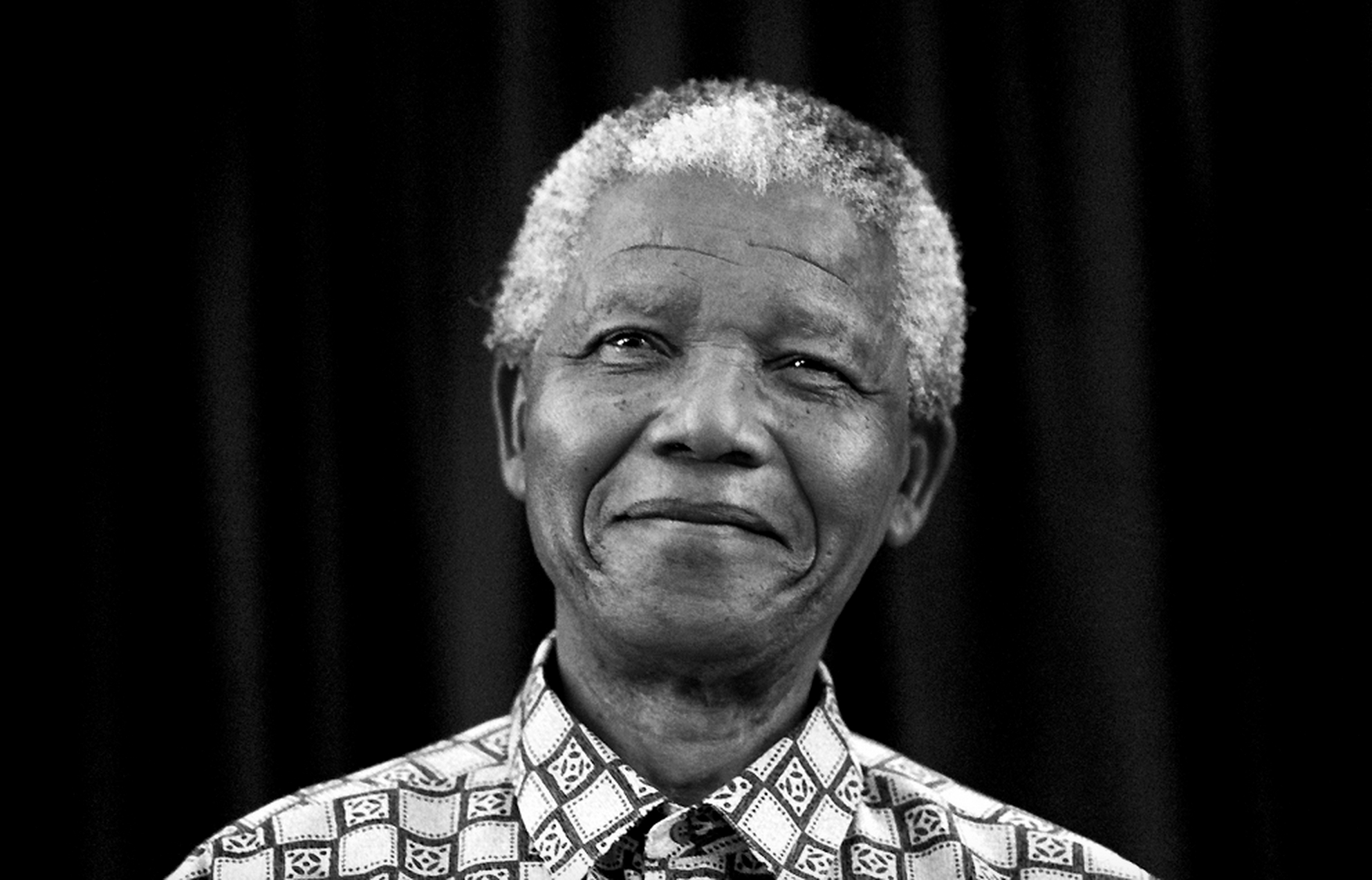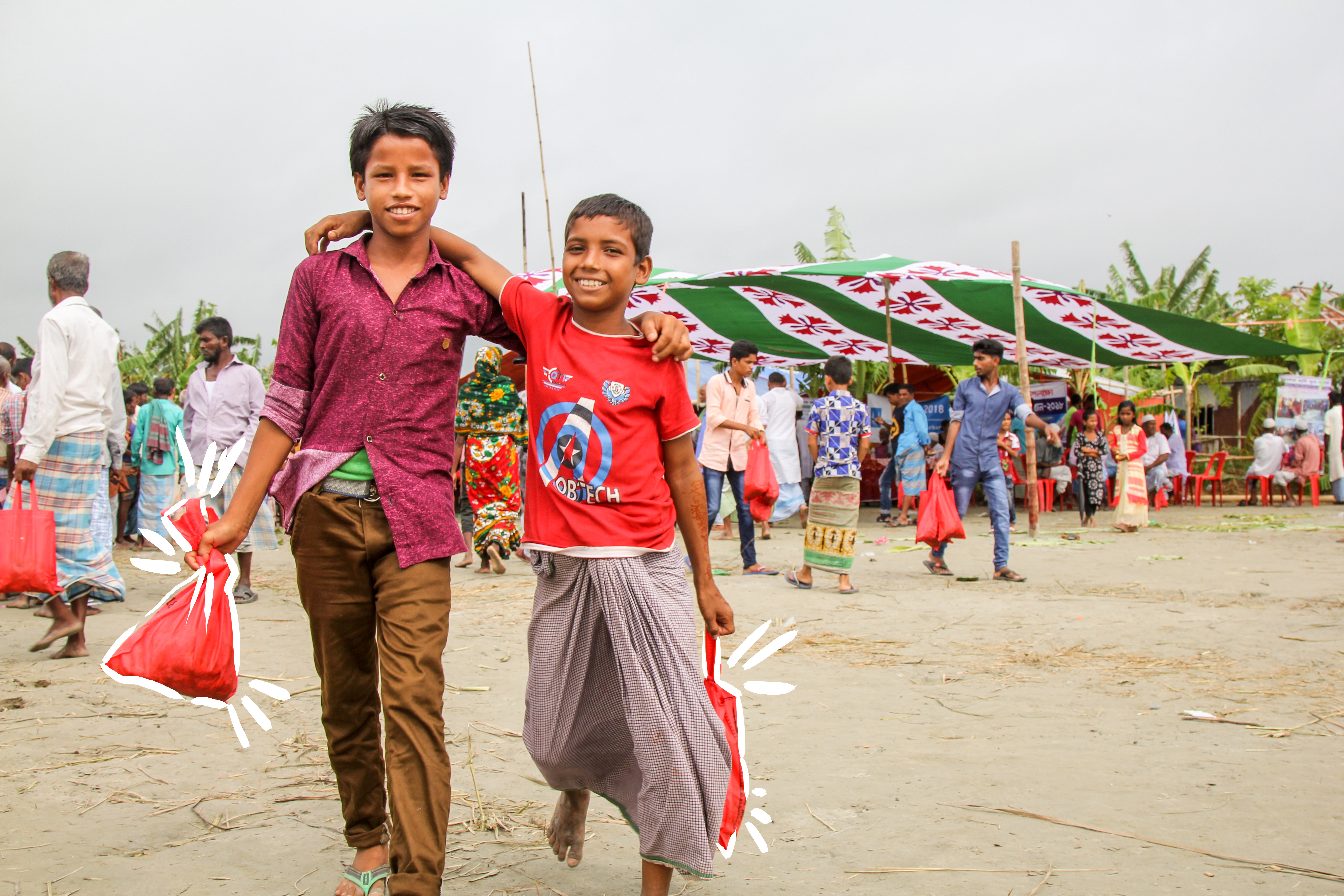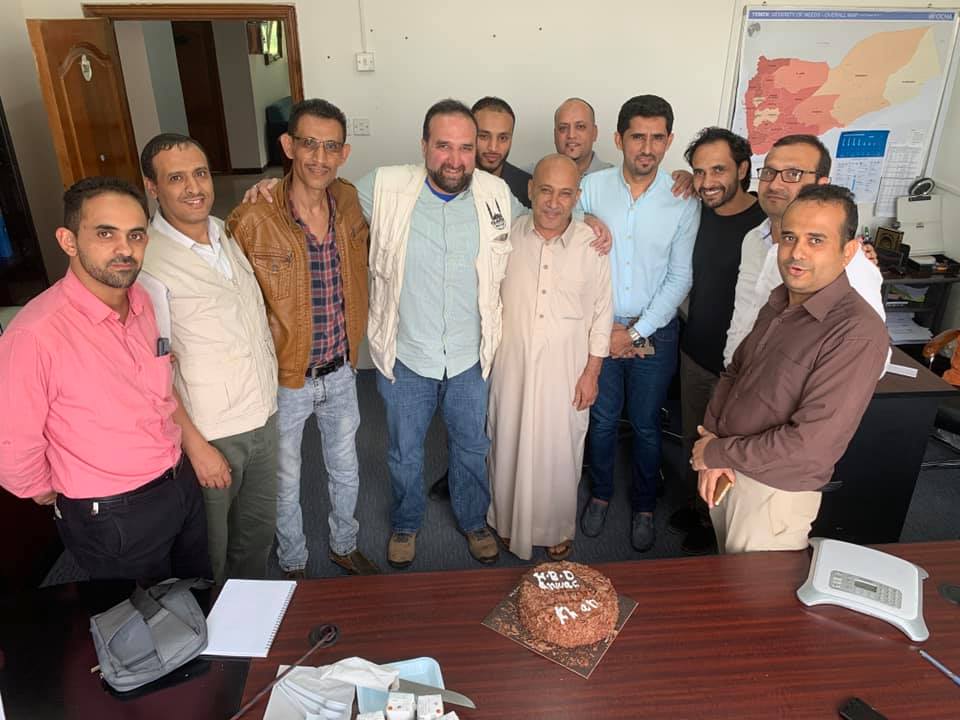A Crime Fighting Superhero in Hijab?
Egypt’s superhero isn’t just named after a major city. Her name translates to “conquerer” in Arabic, and Qahera wears hijab, hates sexual harassment and can fly! She’s not your typical superhero in tights.
“I named her Qahera for several reasons,” Qahera’s creator Deena Mohamed told The Daily Beast, “Chauvinism, for starters! I sort of wanted to make a reference to Egypt, but Qahera also struck me as a great name because it has so many powerful meanings: vanquisher, destroyer, omnipotent. It’s a great name for a superhero, honestly, especially one who faces as many challenges as she does.”
I had the special privilege of asking Deena some questions about her popular and provocative webcomic. Check out the interview highlights below including some selections from the comic series!
—
Nada: Qahera is such a great name, and I know you’ve already answered this question before, but is there anything more you’d like to add about why you named your heroine Qahera? How do you think the average young woman in Egypt (and around the world for that matter) relates to the challenges Qahera faces, even as a superheroine?
Deena: Uh not really! I think I especially liked the name because it works in English and Arabic, and it’s really difficult getting around things for a bilingual comic. I can’t really dictate how other people would feel about Qahera. I mean, since the superheroism is mostly used as a framing device to address mostly social real-life issues, I think it would relate to a lot of people, and I try to find a balance between Egyptian issues and global ones, especially since a lot of them are shared. I mostly understand how people relate to it from the feedback I get.
Nada: Qahera doesn’t have patience for dogma and misogyny! I love that. Why do think it’s important that your heroine takes this kind of stand? Is Qahera a humanitarian at heart?
Deena: She is a superhero who mainly opposes islamophobia and misogyny, so it’s pretty much a central part of her character. I suppose its important in the same sense of any superhero fighting injustice. Aren’t all superheroes essentially humanitarians? My personal inspiration has always been my frustration with a lot of things, mainly misogyny. But the trouble is you can’t critique our society without someone else trying to co-opt it and claiming they want to save you, or that you live in a backwards society. Qahera is someone who is willing to take a stand against both the problems we have and people who try to impose their own views onto us.
Nada: So are things different now than when you first started Qahera? Are times changing for your heroine?
Deena: Things are very different, but I think it also has a lot to do with the fact that I started it at eighteen and that’s a very transformative part of your life that has a rapid learning curve. I’ve been learning so much since I started this webcomic, and in a lot of ways that affects how this webcomic works. There’s also the idea of discourse versus established discourse. Qahera gained attention because of the whole “Muslim woman as a superhero!” stereotype reversal, but now I get exhausted having to explain it over and over again, because I feel as though it’s been covered in every possible way. I feel there are certain things Qahera represents that people ought to have moved past so we can talk about more complex things instead of getting stuck in the same somewhat shallow conversational pit. So I really hope that times are changing, because if they weren’t it would be very worrying.
Nada: What’s your favorite episode of Qahera and why?
Deena: I think it’s probably the latest one, On Flight. I’m also the kind of artist who cringes when they see older work, so it will probably perpetually be the latest one because I try to improve my work with each installment. But I think On Flight was something I wanted to address ever since I had an Egyptian character who could fly, and it has a lot of nuance that probably is not as obvious to someone who is lives in a country people immigrate to rather than from.

Nada: One of the great things about super heroes like Batman or Iron Man or Wolverine is that they all have flaws that make them relatable. Does Qahera have any flaws?
Deena: She has lots of flaws! The trouble with addressing issues in short comics is they don’t leave much room for characterization. Hopefully I’ll have more space to establish them soon. I think the FEMEN comic definitely brings out some of her major flaws though.
Nada: You’ve spoken a lot about Qahera being someone specifically representing the headstrong Egyptian woman and someone who fights the challenges faced by Muslim women who wear hijab. I’m a young woman in America and I feel I can relate to Qahera too, it’s part of why I fell so in love with your series. Do you imagine that Qahera is relatable beyond Egypt and Islam? How do you see Qahera entering other places as world superheroine for everyone?
Deena: I have a lot of Muslim friends and family in diaspora and in America so I was aware of their struggles when I conceptualized the comic, especially the first one, because as a webcomic it exists on the internet and as such is more global. I think by virtue of having it in English and online I’m already opening it to the world. And based on the international response (I mean, I’m getting interviewed by you right now, which speaks volumes of globalization), I think she has already entered the world more or less.
Nada: Have you heard of Marvel turning Ms. Marvel into a young, Muslim, Pakistani teenager? IT’s a really cool series! How is Qahera different from Ms. Marvel? What gaps does Qahera address that the young Ms. Marvel doesn’t? I’d almost like to see a comic where Ms. Marvel and Qahera team up for a special mission wouldn’t you?
Deena: I love Ms Marvel! It’s such a great and well-written series. But I think Qahera and Ms Marvel are miles apart, in the sense that Kamala is a character in the Marvel universe who is very human and well-developed and faces the problems of your average Marvel superhero as well as her own personal problems, whereas Qahera at this point exists as a vehicle to address real-life issues using a superhero framework. Maybe someday though! Who knows? I’d personally be really excited.
Nada: Do you think that someday Qahera will retire from being a super heroine? When do you think she’ll feel satisfied enough to hang up her cape?
Deena: That’s a bit complex. Given Qahera’s mission is to enact social change, I don’t know if she would ever feel satisfied enough, but maybe she would have enough support that she wouldn’t need to use her superpowers at all, that would be nice.
LIKE THIS POST? SHARE IT!
@Qsuperhero



